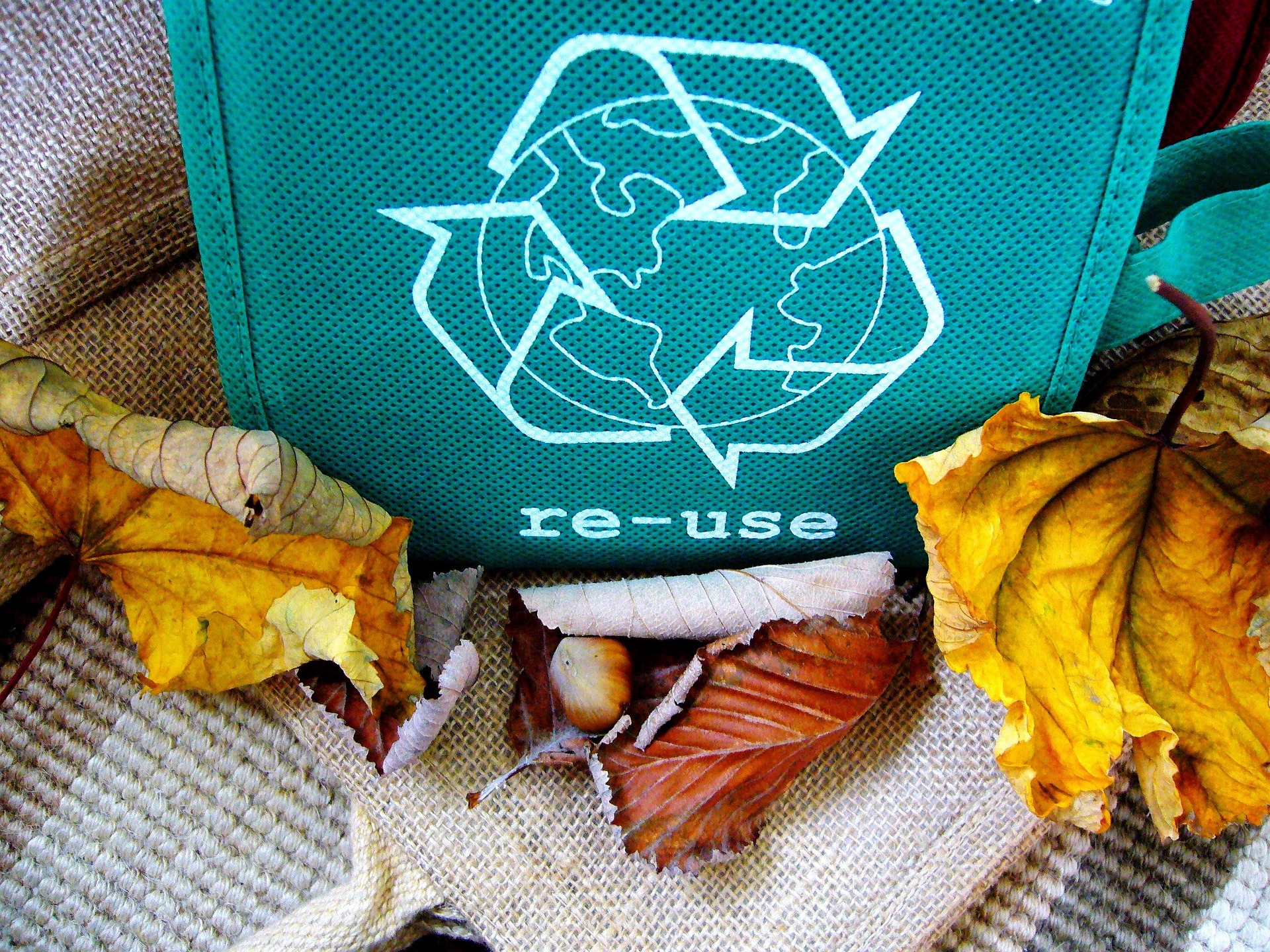Understanding the Societal Shift Towards Conscious Consumption
Introduction: In an era characterized by environmental concerns and social justice movements, conscious consumption is gradually becoming mainstream. It’s a significant shift, impacting our shopping habits, lifestyle choices, and interactions with brands. Read below to explore this fascinating sociological development and its implications for contemporary society.

A Historical Glimpse into the Rise of Conscious Consumption
Conscious consumption, while a relatively modern term, has roots in historical consumer behaviors. During periods of political unrest or economic instability, societies have often adjusted their consumption habits. Yet, the modern conscious consumption movement is distinct, intertwined with contemporary concerns such as environmental sustainability, social justice, and ethical business practices.
The Modern Manifestation of Conscious Consumption
Today’s conscious consumer is driven by a desire to make positive change. They’re not just purchasing goods and services - they’re voting with their dollars. This shift is reflected in the growing popularity of fair-trade products, ethical fashion, and sustainable tourism. Brands are responding, too, with greater transparency, ethical sourcing practices, and corporate social responsibility initiatives.
The Societal Impact of Conscious Consumption
The rise of conscious consumption has far-reaching implications. It’s reshaping how businesses operate, and prompting governments to introduce legislation supporting ethical business practices. Importantly, it’s also changing societal norms around consumption, promoting mindfulness, empathy, and a sense of global responsibility.
Evidence-Based Insights into Conscious Consumption
Research underscores the growing prominence of conscious consumption. A 2020 study by Accenture found that 60% of consumers were making more environmentally friendly, sustainable, or ethical purchases, and 90% planned to maintain these changes post-pandemic. This trend isn’t limited to affluent demographics, either; conscious consumption is a cross-generational, cross-income phenomenon.
The Future of Conscious Consumption
As we look to the future, conscious consumption is likely to become even more ingrained in our society. It represents a significant shift in our collective values, and is a powerful tool for driving societal change. Yet, it’s also a complex issue, requiring us to balance personal choice, economic realities, and the broader societal good.
In conclusion, conscious consumption is more than just a trend – it’s a societal shift that’s shaping our modern world. As we navigate this new landscape, it’s crucial to understand its implications, and to ensure that its benefits are equitably distributed. With the right approach, conscious consumption can be a powerful force for positive change.




